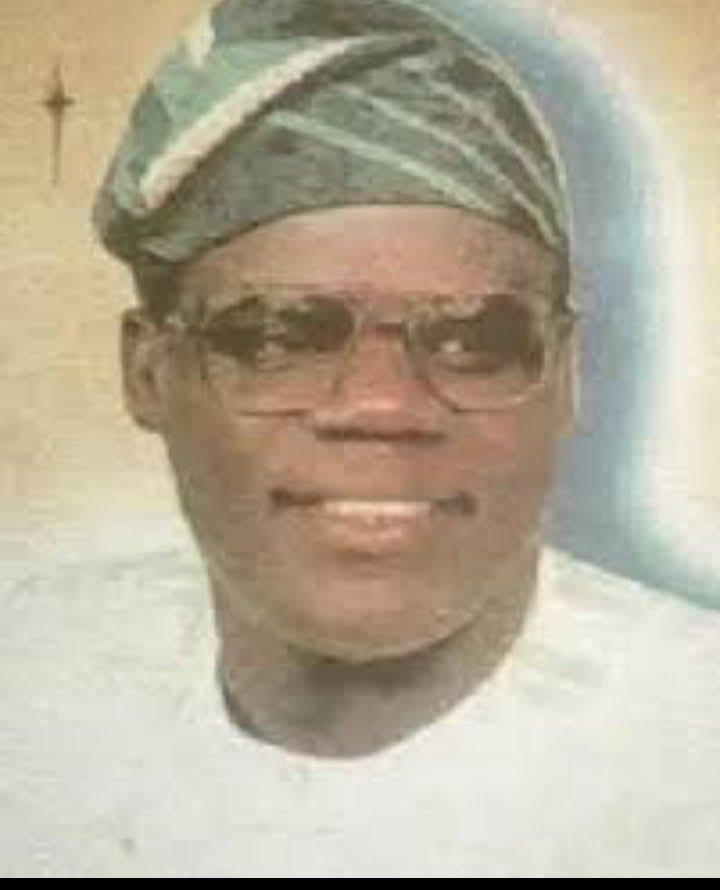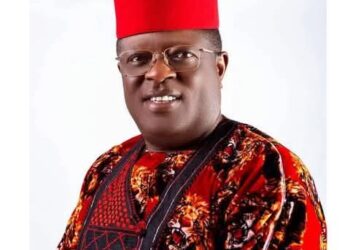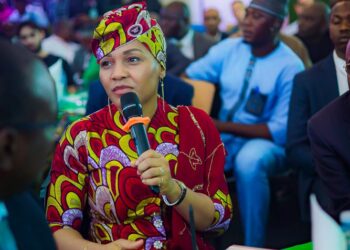Dr Achema was born on 15 June 1947 into the Ayija clan of the Aleji dynasty (king‑makers) in the Igala land, Kogi State.
His family background placed him right in the lineage of tradition and local leadership — yet his trajectory would push beyond mere tradition into activism, scholarship and politics.
Political Awakening & Boldness
From his younger years, Achema developed an un‑shakable sense of responsibility to his people. He became known as “Alapa” among the Igala — a nickname that spoke of his fearless stance on issues affecting the Igala nation. He didn’t just accept the status quo. He mobilised thinkers, intellectuals and grassroots actors into a kind of think‑tank for Igala advancement.
He once gathered – the whole of Igala land – to close shops in protest at the indignity meted to the Ata Igala.
In short: he was someone who believed that identity + action = change.
Vision for Igala & Kogi
Beyond his immediate activism, Dr Achema had a broader vision. He foresaw a Kogi State built on its abundant natural resources and agricultural strength — not just dependent on external forces but shaped by the people of the land themselves. He argued that the Igala should not simply be reactive but architects of their future: identifying the nuts and bolts of development, governance, and community upliftment. His life became a blueprint of sorts for what “local leadership with global mindset” looks like.
Legacy & Why It Matters
Dr Achema died on 6 November 1999.
Yet his influence endures:
He remains an icon of purpose‑driven leadership within the Igala nation: a reminder that leadership isn’t title alone but action.
His mobilisation of Igala people for dignity and collective identity continues to resonate.
His vision for the land still offers a lens through which to view present challenges: how to turn heritage into empowerment, resources into resilience.
One writer described him as “a colossus.”
Another said: the Igala land deserves a leader like him again.
#Igala #igalablood Igala Nation













